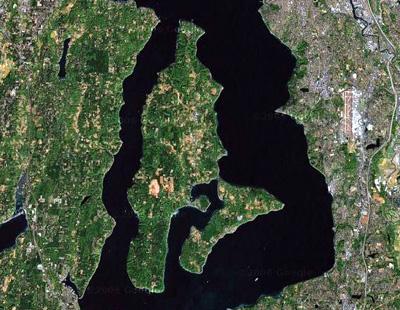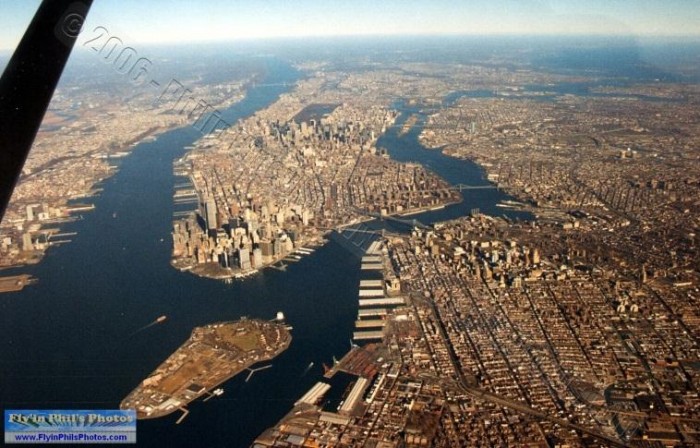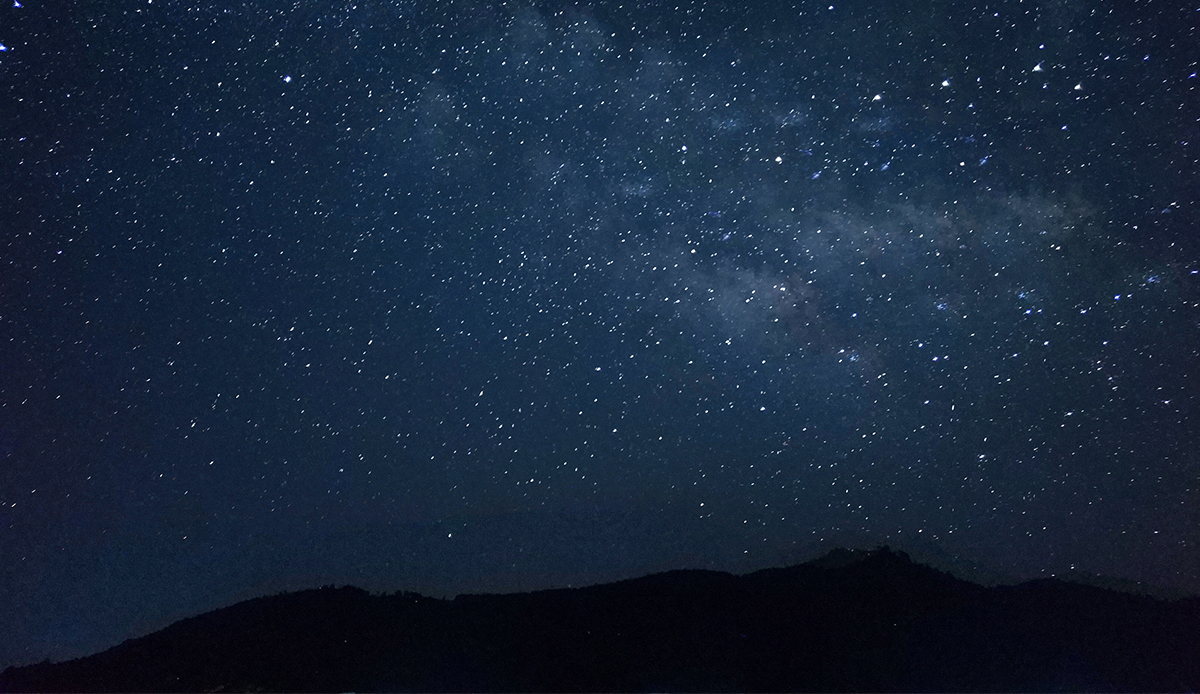Westing in America


Two Islands
On the East and West ends of this continent, two islands have similar geologic histories. Both were formed by glacial action around 10,000 years ago. Both are within rowing distance from mainland cities. Both were occupied and used by Native peoples until the arrival of Europeans. In both places, Native people are now increasingly successful as they assert the rights that were lost when their lands and cultures were denied them by white immigrants.
In 1635, William Meeker could easily have rowed a boat from his home in the small farming community of Elizabethtown, NJ, to the island of Manhattan. The Dutch had been there since 1609, but settlers were few. Today, on the far west of the continent, Vashon Island, where I live, is about twice the size of Manhattan with some 11,000 people in residence. Vashon is forested with fir, hemlock, and cedar trees that have grown since the old growth native trees were harvested to rebuild San Francisco after the huge earthquake of 1906. Our second-growth trees stand only 120 feet tall these days, half the height of their ancestors
It is possible to imagine that this small island could someday come to resemble in population New York’s smaller island, but I’d rather not. If that should happen, my descendants would know fewer of their neighbors than I do. As density increases, personal freedoms often diminish. Most of the two hundred species of birds and mammals that I see on a daily basis would live elsewhere, or would not live. The trees, and the ecological context that accompanies them, would be replaced by decorative and docile urban species. The bridges that we have fought to prevent (we prefer ferries) would be built in several directions, thus converting Vashon Island into a peninsula. Vashon seems unlikely to become the economic and cultural hub of the Pacific Coast as Manhattan has for the Atlantic; there are better candidates for that honor in California. These simple imaginative scenarios are reminders of how far in space, time, and spirit my family has come as a consequence of four centuries of Westing.
As the Meeker molasses has moved from East to West, it has left plenty of guilt and loss behind. On good days, it seems to me that we have learned important lessons along the way. A good reason for recalling history is to avoid repetition of its shabbier episodes. We may not have won the West, but so far we haven’t quite lost it.
Recommended
Nor’easter
Post-Op Appointment With My Father
Cedar Valley Youth Poet Laureate | Fall 2024 Workshop





